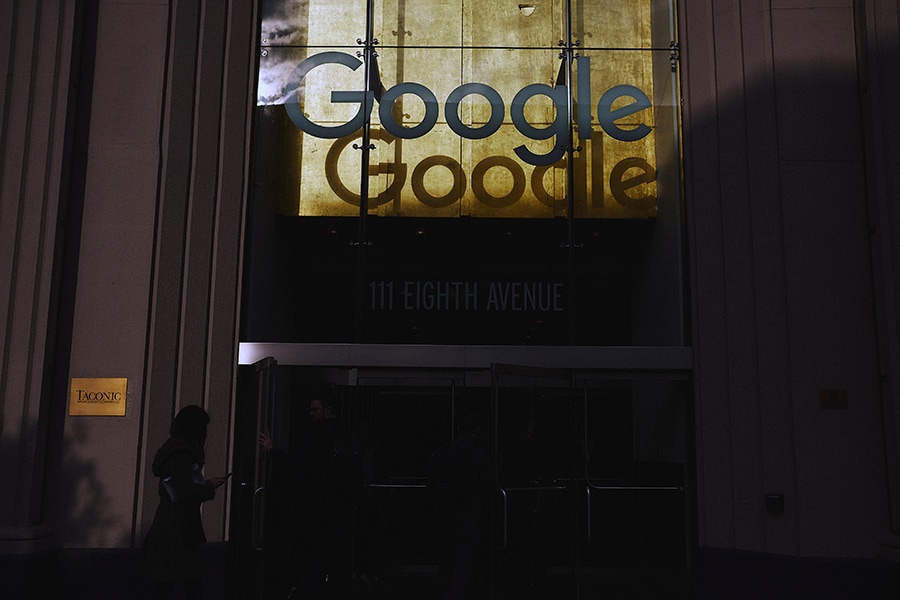
What is happening with the Antitrust suit against Google?
The US Department of Justice sued Google on Thursday, saying it is illegally abusing its monopoly over internet search. Here's what that really means
 The building housing the New York offices of Google on Nov. 1, 2018. The Justice Department accused Google of maintaining an illegal monopoly over search and search advertising in a lawsuit filed on Tuesday, Oct. 20, 2020, the government’s most significant legal challenge to a tech company’s market power in a generation.
The building housing the New York offices of Google on Nov. 1, 2018. The Justice Department accused Google of maintaining an illegal monopoly over search and search advertising in a lawsuit filed on Tuesday, Oct. 20, 2020, the government’s most significant legal challenge to a tech company’s market power in a generation.
Image: John Taggart/The New York Times
The Justice Department sued Google on Tuesday, accusing the company of illegally abusing its dominance in internet search in ways that harm competitors and consumers.
The suit is the first antitrust action against the company, owned by Alphabet, to result from investigations by the Justice Department, Congress and 50 states and territories. State attorneys general and federal officials have also been investigating Google’s behavior in the market for online advertising. And a group of states is exploring a broader search case against Google.
Here is what you need to know about the suit.
What is really happening here?
This is one step against a single company. But it is also a response to the policy question of what measures, if any, should be taken to curb today’s tech giants, which hold the power to shape markets, communication and even public opinion.
©2019 New York Times News Service




